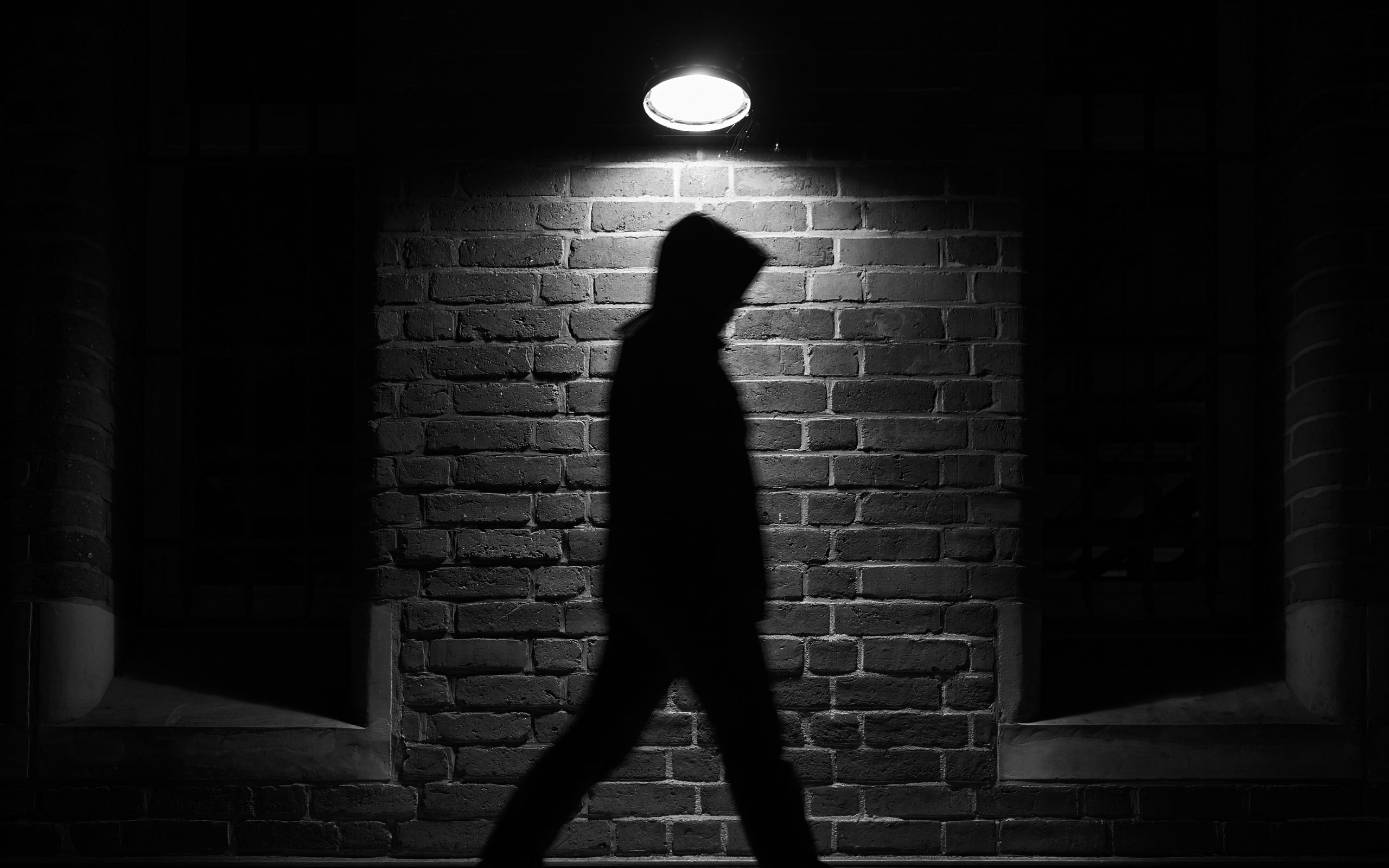Human rights lawyers have called for a suspension of stop and search powers where the police stop without suspicion as well as the abolition of the police gang database over concerns about the disproportionate representation of black and minority ethnic young people in the criminal justice system.
The new report by the law reform group JUSTICE argues that BAME ‘overrepresentation’ permeates every stage of the criminal justice system from stop and search rates to prison population. That disproportionality is most evident in the youth prison estate where more more than half of the population is BAME (52%), despite making up only 18% of the 10-17 year old population nation-wide. JUSTICE explains that, whilst the under-18 secure population in general has steadily reduced since its peak of 3,200 in 2002, this has mainly been due to a drop in the amount of white young people in custody.
In response to such statistics, JUSTICE launched a working party which has been examining the issue since 2019 and the report, published yesterday, makes 45 recommendations to eradicate the ‘bias, suspicion and misperceptions’ that pervade the criminal justice system.
‘While the youth justice system has made improvements in recent years, these are not shared equally,’ comments JUSTICE’S director Andrea Coomber. ‘Our working party has found that BAME children are being left behind, languishing under years of systemic racism and poor treatment from various criminal justice agencies.’
The paper focuses on three key aims. The first is to stop treating BAME children as somehow inherently ‘bad’ or ‘criminal’. The report highlights the unfair use of stop and search in BAME communities; the use of the PREVENT programme within the Muslim community; the Metropolitan Police’s Matrix gang database; as well as the treatment of Drill music as indicative of bad character in court.
‘We want to put things right by ensuring that BAME children are not treated as inherently suspicious or criminal and their voices and experiences are made central and heard,’ says Coomber. ‘A child-first approach is essential for the credibility of our justice system.’
The JUSTICE report calls for the criminal justice system to ensure that people under 18 years old are described as a ‘child’ rather than ‘juvenile’ which, it argues, detracts from their vulnerability; and that the Police stop the use of handcuffs and taser to make sure that children are treated safely.
David Lammy’s 2017 review of the treatment of race in the criminal justice system reported that a majority of BAME people (51%) believed that the justice system discriminated against particular groups and individuals’ (here). ‘For many, childhood experience of the youth justice system represent a life-long series of negative interactions,’ commented Sandra Paul, a partner at Kinglsey Napley and chair of the Working Party. ’It is this cycle of criminalization we wish to interrupt.’
Key recommendations
- Suspending the use of ‘section 60’ stop and search powers for serious violence in a locality, until the Home Office has evaluated its impact and effectiveness;
- Abolishing the ‘Gangs Violence Matrix’, which indiscriminately includes thousands of BAME children and young adults, threatening their access to education and jobs;
- Preventing the unfair use of Drill music as bad character evidence in court, to tackle the corrosive effect of portraying a genre of music as innately illegal, dangerous and problematic;
- Building a child-first culture in the criminal justice system, so that all agencies take responsibility, in line with core principles we have identified, for understanding every child’s background and experiences. For instance, we recommend greater deployment of comprehensive diversity training programmes, reverse mentoring, and the piloting of restorative practice circles;
- Creating a national framework for diversion, to ensure children everywhere can receive specialist support not prosecution;
- Enforcing mandatory child-focused training for all criminal justice actors, so that all those who work with children are able to do so effectively;
- Urgently improving information available to magistrates at bail hearings, so that remand in custody is significantly reduced;
- Requiring all complaints concerning children to be investigated by the Independent Office for Police Conduct; and
- Mandating the police turn on their body worn video cameras before every stop and search, so that improper conduct is prevented or caught.







